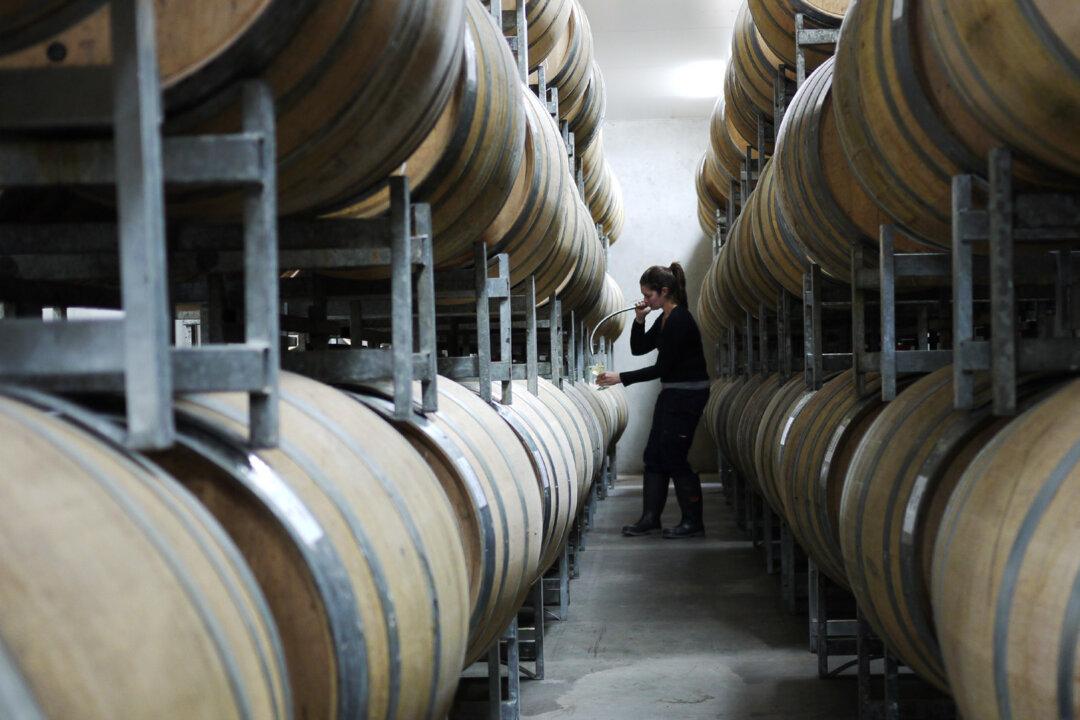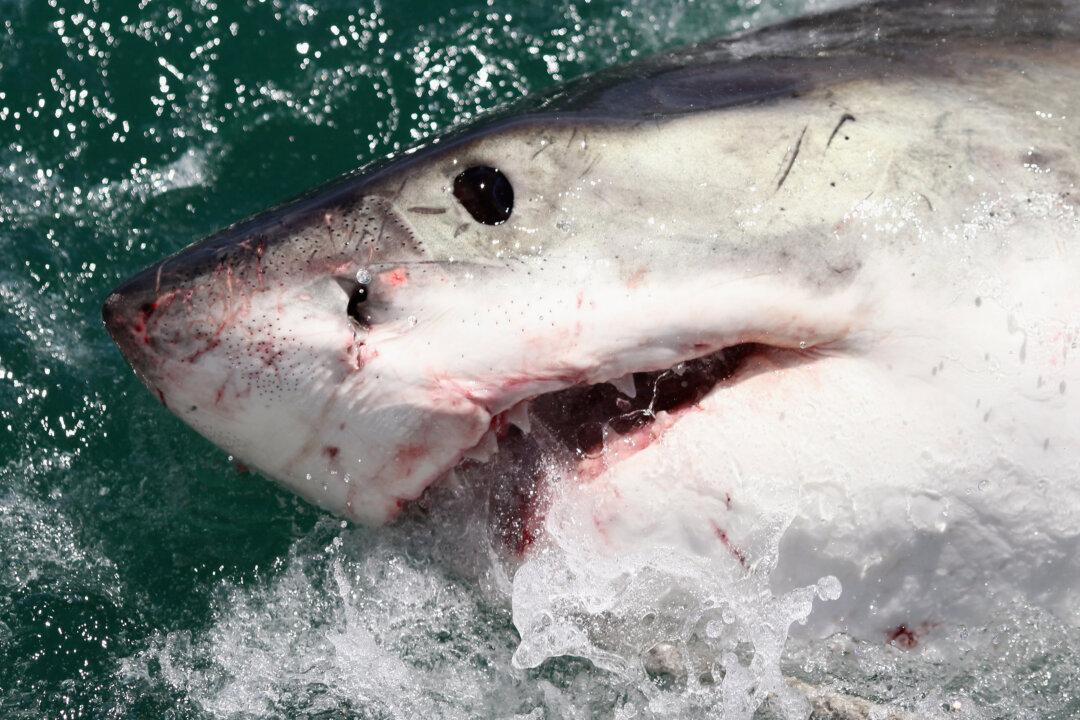An international legal expert has urged more effective anti-counterfeiting measures to ensure fake winemakers in countries like China do not keep costing the global wine industry trillions of dollars in lost business.
Northumbria University Professor of Law Anqi Shen believes estimates that the global wine counterfeiting industry will be worth A$4.3 trillion ($3.1 trillion) by the year 2022.





